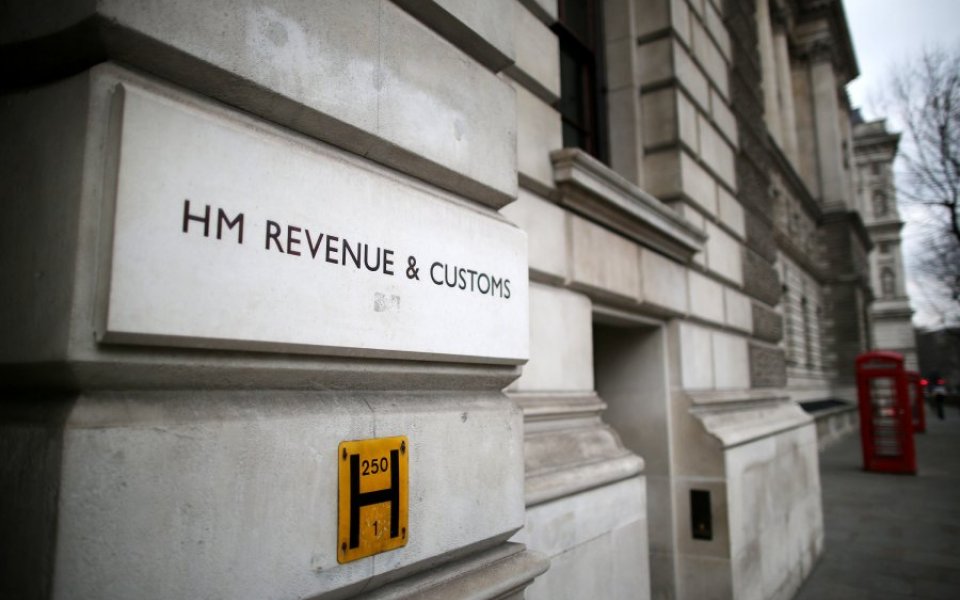Individuals are shouldering more of the tax burden as companies find ways to pay less, warns OECD

Since the global economic crisis corporate tax revenues have been falling, pilling greater pressure on individual taxpayers to shoulder the burden so that governments can meet financing requirements, according to the Organisation of Economic Co-operation and Development (OECD).
Individual workers and consumers are now taking on the burden of more tax, as across OECD countries average revenues from corporate incomes and gains fell from 3.6 per cent to 2.8 per cent of gross domestic product (GDP) between 2007-2014. This was was offset by increases to revenues from individual income tax, which increased from 8.8 per cent to 8.9 per cent, and VAT revenues that grew from 6.5 per cent to 6.8 per cent during the same period.
The tax burden is measured by taking the total tax revenues received as a percentage of GDP.
Read more: OECD reveals plans to crack down on tax avoidance and win over cynics of tax reforms
“Corporate taxpayers continue finding ways to pay less, while individuals end up footing the bill,” said Pascal Saint-Amans, director of the OECD centre for tax policy and administration. “The great majority of all tax rises seen since the crisis have fallen on individuals through higher social security contributions, value added taxes and income taxes. This underlines the urgency of efforts to ensure that corporations pay their fair share.”
While the increase in tax ratios between 2009 and 2014 is due to a combination of factors, the largest contributors have been increases in revenue from VAT and taxes on personal incomes and profits, which combine to account for around two-thirds of the increase.
The OECD average VAT rate has increased to a record high, from 17.7 per cent in 2008 to 19.2 per cent in 2015, while 22 of the 34 OECD countries raised top personal income tax rates between 2008 and 2014.
Read more: OECD – China slump clouds global economic growth outlook
Revenues from social security contributions and property taxes account for the majority of the remainder.
In particular, close to 80 per cent of revenue increases between 2013-14 are attributed to a "combination of consumption taxes and taxes on personal incomes and profits. This combination also accounts for two-thirds of the rise in revenues between 2009 and 2014", the OECD said.
The OECD research also found that the average tax burden across OECD countries increased to 34.4 per cent of GDP in 2014, an increase of 0.2 percentage points. This continues the upward trend, the average tax burden having increased in every year since 2009 when the ratio stood at 32.7 per cent.
The research comes after an OECD report last month that revealed plans to crack down on tax avoidance, by unveiling recommendations for a coordinated international approach to reform the international tax system.